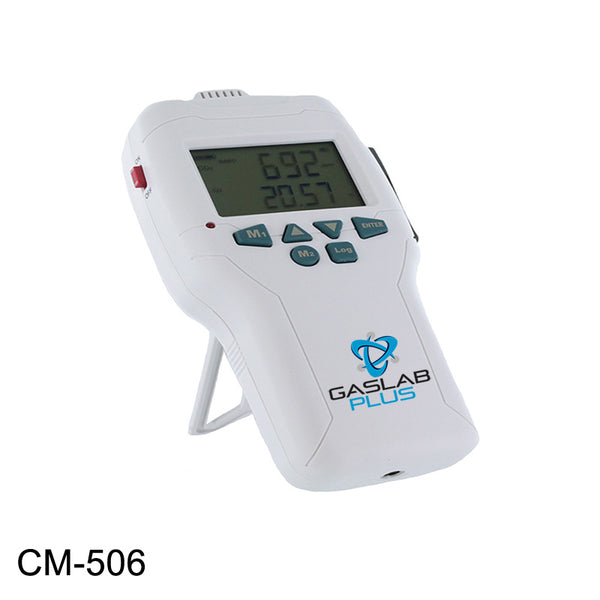
We talk quite frequently about the importance of indoor air quality for humans, but it’s also important in livestock applications as well. Poor indoor air quality for humans can cause fatigue, headaches, and a lack of focus. When it comes to livestock, like poultry and hogs, they are affected differently. According to an article by the National Hog Farmer, “Poor indoor air quality can affect the health, productivity and welfare of pigs, besides being a health risk to farm workers.” Another article from The Poultry Site writes, “It could cost thousands of dollars if producers do not pay sufficient attention to the air quality in broiler houses [brooder houses].
Ammonia Sensing (NH3)
Ammonia levels are one of the main gases that livestock farmers should monitor. This gas is emitted from animal urine and manure. When taking measurements inside barns or pens, be sure to compare different areas such as where the animals are feeding and sleeping. According to A Primer on Livestock Air Quality, well-ventilated buildings should have ammonia levels no higher than 50 ppm when manure is deposited on solid floors. Levels higher than this can cause negative health effects for the animals.
In poultry farming, high ammonia levels can severely damage a birds’ ability to fight off disease. The Poultry Site also states, “Though long periods of high ammonia are of greatest concern, it is important to realize that research has shown that acute spikes in ammonia are potentially more damaging than constant low levels of ammonia.”
When it comes to pig farms, high levels of ammonia “can damage the cell lining in the respiratory tract and cause irritation of the eyes, nose and throat.” This can cause the pigs to eat less and leads to lower activity levels.
Carbon Dioxide Sensing (CO2)
Carbon Dioxide is another gas that can be found within livestock facilities and if left to accumulate, can cause harmful effects for the animals. Every animal gives off CO2 when they exhale. The gas becomes hazardous when many animals are in a single space, and the air is not being ventilated. High levels of CO2 in pig houses (>1,500 ppm) can result in smaller pigs and greater frequency of respiratory diseases.
Particulate Matter (PM2.5, 10)
The final area of importance when dealing with livestock is monitoring PM2.5, 10. Particulate Matter, according to the EPA is “ the term for a mixture of solid particles and liquid droplets found in the air.” In layman’s terms, this is dust, and in farm operations is produced by any number of things - feed, manure, bedding materials, hair and skin cells, feather particles, insect parts, etc. As stated in A Primer on Livestock Air Quality, “Livestock producers and workers are at risk for respiratory diseases.” Some of these include bronchitis, chronic farmer lung disease, occupational asthma, and organic dust toxic syndrome.
Air Quality and Livestock Farming asserts that particulate matter concentrations in hog facilities are “between 0.1 and 5.5 mg m-3, with the largest levels always measured during daytime pig activity periods.” For poultry farms “PM concentrations ranged from 0.10 to 15 mg m-3.”

Portable Options

CO2Meter offers a device, from the CM-500 series; the GasLab Plus Ammonia Multi Gas Detector (CM-506). This is an ideal device for livestock and poultry applications. It measures CO2, NH3, and PM2.5, 10 - everything that livestock facilities need to monitor for the health of their animals and their workers.
Not only will the CM-507 give the user real-time data, but it also data logs to the included 16GB SD card.
This gives you the capability to compare levels over time and make adjustments to your animals’ living spaces as needed.
If you only want to monitor one of these gases at a time, CO2Meter offers individual gas devices as well. The CM-506 measures just ammonia, and the CM-501 measures only carbon dioxide.
Industrial Fixed Ammonia Gas Detectors

For livestock enclosures a wall mounted option may make more sense. The Fixed Ammonia Gas Detector with Remote Sensor provides peace of mind with 3 configurable relays, the ability to connect to most Building Management Systems, and has audible and visual alarming.
Trust the CO2Meter Experts
For questions and help choosing the right device for your application, contact the CO2Meter experts online or call 877.678.4259.






